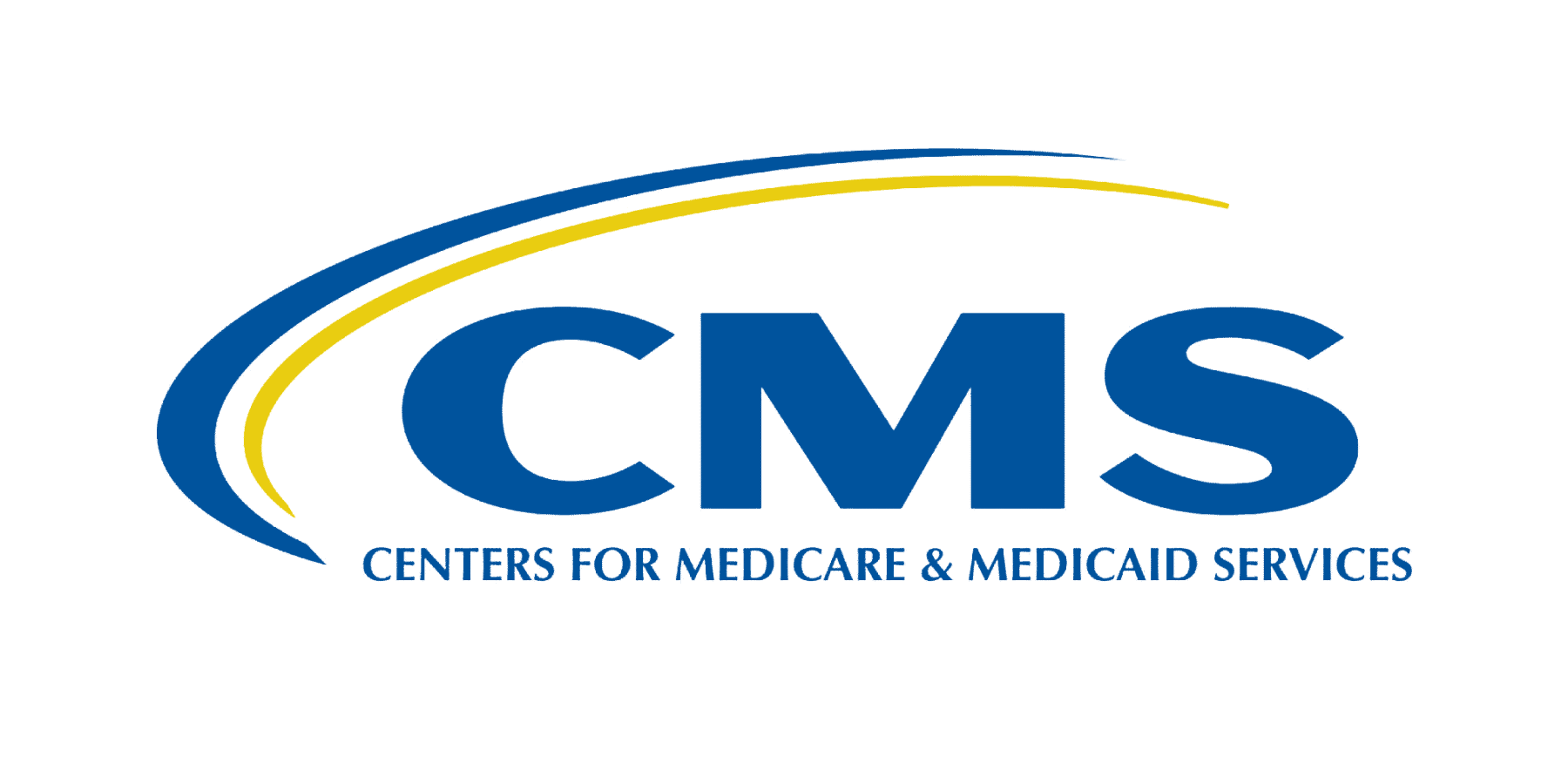A new CMS blog entitled “Update on the Medicare Value-Based Care Strategy: Alignment, Growth, Equity” provides a progress report on accomplishments and a look toward the future for CMS’ Value-Based Care Strategy. It also covers CMS’ strategy to move toward value-based payment, growth in accountable care, and promoting equity.
It’s worth the read. The fact is that CMS ALWAYS tell us what they are going to do before they do it. Then they do it, and we are surprised. Here are some highlights from the article:
- CMS has established the goal of having 100 percent of traditional Medicare beneficiaries and the vast majority of Medicaid beneficiaries in an accountable care relationship with their providers by 2030.
- CMS recently finalized a rule that requires certain health insurers to make specified data readily available to providers in standardized application programming interfaces. This standardization complements existing Medicare Part A, B, and D monthly claims data sharing that CMS provides to ACOs and will help practitioners and ACOs understand the full medical claims history of their patients.
- CMS and the public should have the tools to evaluate MA markets in the same way they are able to evaluate traditional Medicare. Ensuring these tools are available across all parts of the Medicare program facilitates appropriate transparency and will further CMS efforts to foster robust competition, in line with the president’s July 2021 “Executive Order on Promoting Competition in the American Economy.” Thus, CMS has published a Request for Information on MA data (the deadline is May 29, 2024) to gather input on ways CMS could improve current data collection and release methods and collect and release additional data to support these overarching efforts.
- Starting in 2024, CMS will make separate payment to practitioners for assessing patients for unmet social needs, including food, housing, transportation, and utilities. The social determinants of health risk assessment payment and coding under the Physician Fee Schedule were informed by the Innovation Center’s Accountable Health Communities Model, which tested whether systematically identifying and addressing the health-related social needs of Medicare and Medicaid beneficiaries through screening, referral to community resources, and community navigation services impacted health care costs and reduced use. CMS intends to “scale effective Innovation Center model tests”, or features of these models, into the Medicare program. For instance, a service tested in an Innovation Center model that has been shown to have positive impacts on patient health outcomes could be added as a service under the Medicare Physician Fee Schedule to contribute to care transformation within the fee-for-service payment framework.
- (Read this one as, Medicare FFS is going away eventually and maybe soon).
It’s a big article and there’s a lot to unpack, so you are advised to give it a read.
–Caroline





